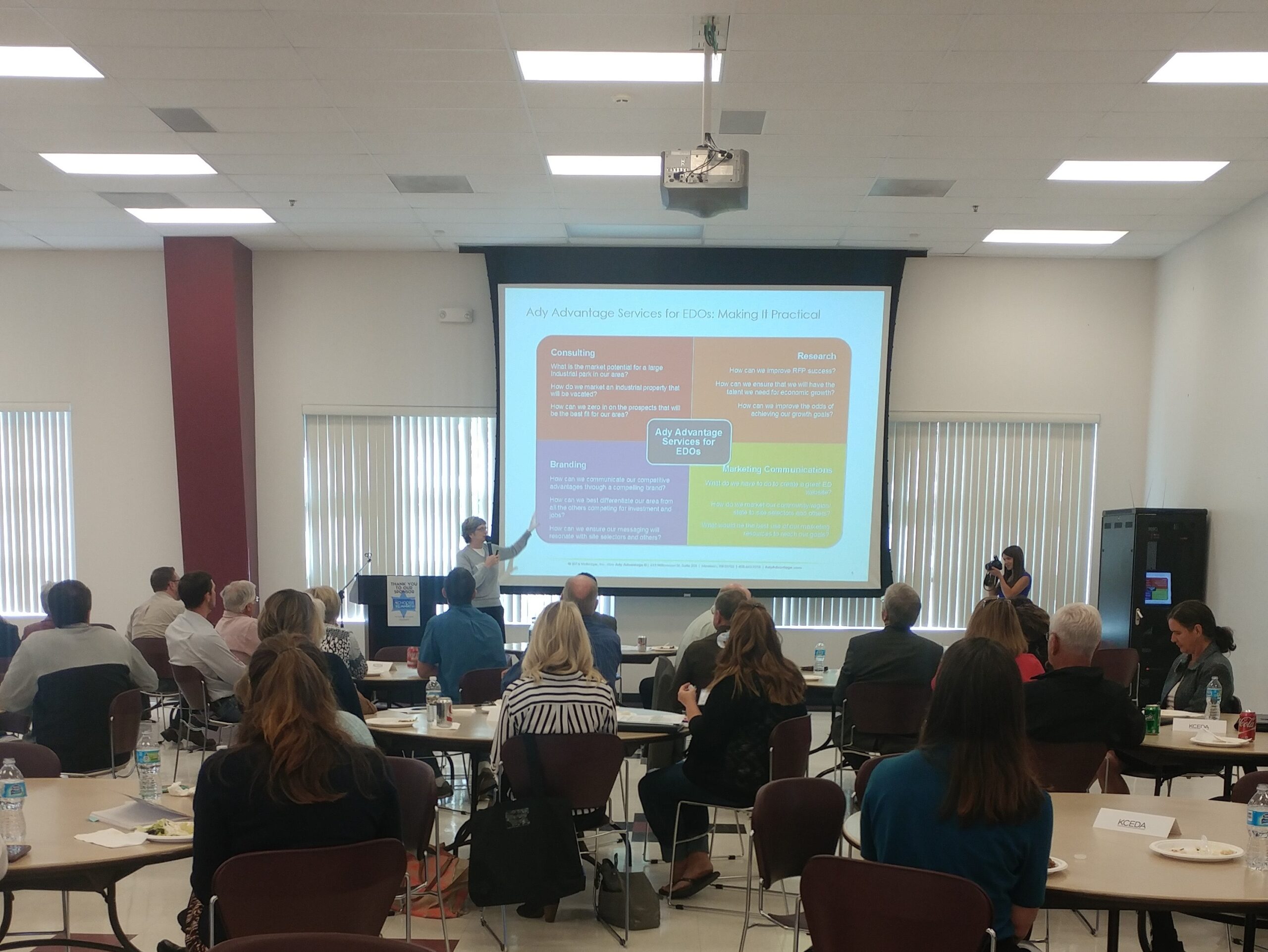On September 14th and 15th, Klamath Community College hosted a Rural Business Summit aimed at strengthening ties between local businesses and rural economic development agencies.
Oregon Business spoke to Rick Abel, head of development and retention for the Klamath County Economic Development Association, about a few of the summit themes: growing a rural workforce, leveraging regional strengths and making friends with the competition. (This interview has been edited for clarity.)
OB: What was one of the key takeaways from the summit?
RA: The beautiful thing of a summit like this is you have different sectors, different industries, in one place. The takeaway is how it related to you. For me, one of the key things was community effort. So you have an economic community, not just an economic town. Maybe working with the folks in Medford more, whereas the common opinion would be different communities are different competitors. In rural areas, you should work together for the greater good of each community. [About 100 businesses were represented at the summit.]
You should be more open to what competition can bring.
OB: Is the summit designed to build that kind of community?
RA: Summits like this are an opportunity to bring business people together with economic experts, whether it’s from the state or local level. Those discussions always bring about a healthy perspective. You need to continue to have these on a regular basis because it’s really easy to get siloed into what you’re doing on a daily basis. There’s a reason people are involved in their business the way they are. You bring those types of folks in; something good has to come out of it.
OB: Retaining young workers can be a challenge for rural areas. How is the Klamath region addressing this problem?
RA: The biggest challenge is our work force. Not necessarily in numbers — I think we definitely have quality talent — but I think also to succeed at what we’re trying to do, the talent that we grow here … [we have to] retain those folks.
[Abel said students from Oregon Institute of Technology and Klamath Community College are receiving work skills training, then leave the area to find jobs.]
The onus on us is to find ways attract businesses that become options for those students that graduate.
OB: How does economy in Klamath compare with other parts of rural Oregon?
RA: We never get the growth as fast as others, but we also don’t have the downturn as others so abruptly. We’re somewhat elastic in that regard. You have to embrace what is good. Agriculture in Klamath Falls isn’t the hottest but we have a military institution here, a top-notch hospital and the schools [OIT and KCC]. [We need to] embrace those and make those [businesses] become an offshoot for other potential businesses.
We do have an aging community, and the onus is on us, the business leaders of the community, to make sure we are giving reasons for young talent to stay here. It’s a two-fold exercise. Once you start doing that, you start building businesses where those talented individuals will want to move here.
OB: How do you sell young people on the region?
RA: There’s a reason why folks are here. Rural means a lot of different things, but the folks who are in a rural community know what it means because they live it. Sometimes I think you need to be part of a rural community to know what those struggles are. For me on a personal level, raising kids here is a lot better than in other places I’ve been. But everybody needs jobs and needs work — that’s the fine line. We have a lot of great businesses, but we need to support them. It all comes down to communication. You can’t be afraid: if two businesses are competitors, they might figure out something that works for both of them if they communicate.






